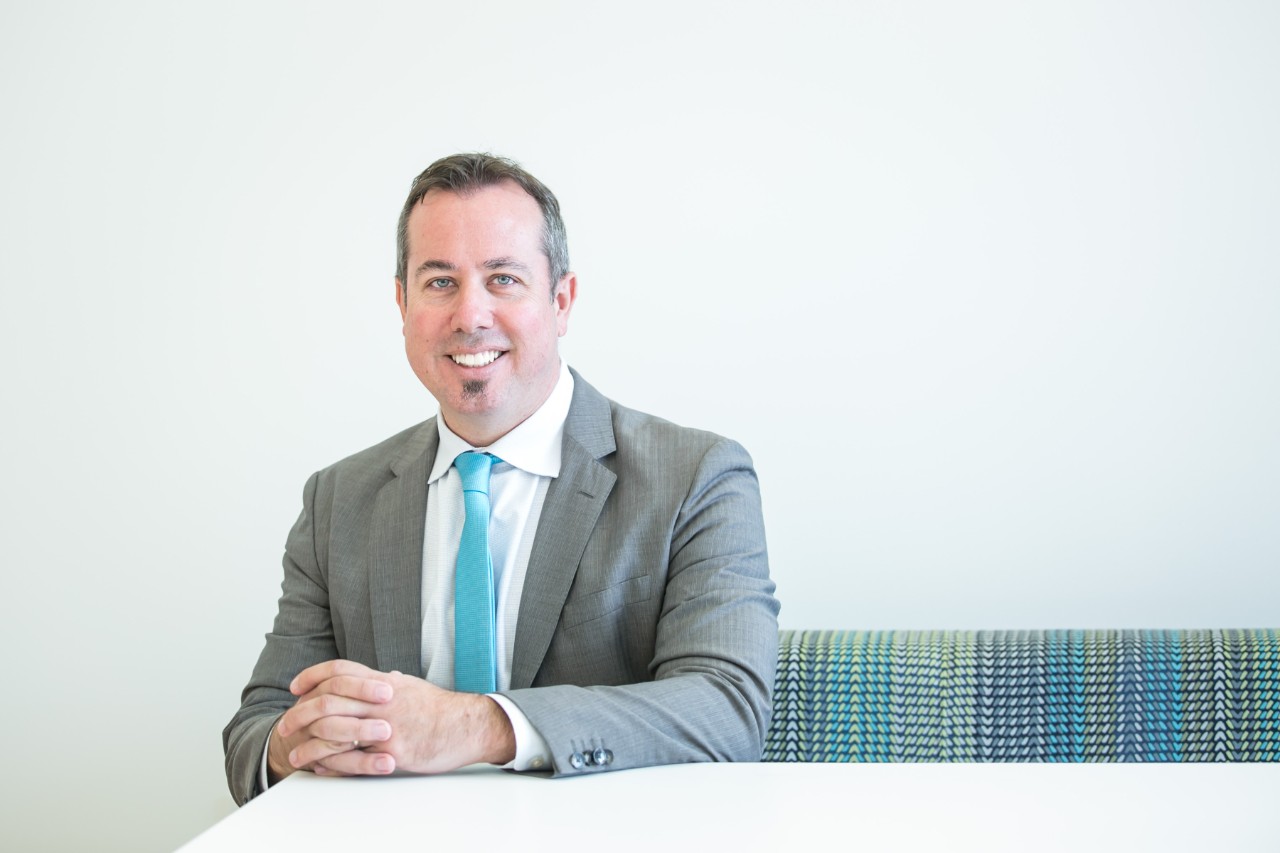
First North American study of medication errors co-authored by UC College of Pharmacy dean
Dean Neil MacKinnon, PhD, co-authors study that takes a first look at pharmacy errors...and saves.
Community pharmacies in the U.S. and Canada dispense millions of prescriptions each year. However, little is known about medication errors; how they happen and how to stop them. That’s because there is no standard medication error reporting system for community pharmacies across either country.
Nova Scotia, in fact, is the only province in Canada to have mandatory, anonymous reporting and is the subject of a large-scale data analysis titled "Quality-Related Events Reported by Community Pharmacies in Nova Scotia Over a 7-Year Period: a Descriptive Analysis” was published online today in the Canadian Medical Journal (CMAJOpen).
The study, says co-author Neil MacKinnon, PhD, dean of the University of Cincinnati’s James L. Winkle College of Pharmacy, now serves as a baseline to study medication errors.
"This analysis has provided information on the most common types of quality-related events in community pharmacies—information which was not previously available anywhere in North America,” he says, comparing pharmacy professionals to hockey goalies as "the last line of defense” in stopping any problems with prescriptions from reaching the patient.
The study, sponsored by Dalhousie University, found that out of 98,097 quality-related events, the most common were incorrect dose, frequency, incorrect quantity and incorrect drug. Of these events, 82 percent did not reach the patient. Less than 1 percent, 928 patients, were associated with patient harm, which includes allergic reactions.
Extrapolating the results to the 67,000 pharmacies in the U.S., MacKinnon says this would mean over 3.1 million medication errors in community pharmacies annually and over 29,000 patients who could be harmed annually.
"Just like a hockey goalie can’t stop all shots, there are some issues that regrettably reach the patient, but the Nova Scotia pharmacists are reporting and learning from these events,” says MacKinnon who is a strong proponent for mandatory error reporting in both Canada and the U.S.
To his knowledge, he says Nova Scotia is the only jurisdiction in North America, and perhaps the world, where community pharmacists and technicians are required to report these types of events, although several other provinces have, or are in the process, of implementing similar requirements.
"This study raises the question as to whether similar reporting requirements should apply to other health professionals outside of the hospital setting, such as physicians, dentists, nurse practitioners and others,” he says.
MacKinnon cites no conflicts of interest with the study.
Photo credit: UC/Colleen Kelley
Related Stories
'HAIR' '60s rock musical on stage at CCM April 24-27
Event: April 24, 2025 8:00 PM
The University of Cincinnati College-Conservatory of Music (CCM) invites audiences to experience a bold and joyful revival of "HAIR," the groundbreaking rock musical that defined a generation. Directed by Vincent DeGeorge with musical direction by Steve Goers, CCM's production of "HAIR" brings the revolutionary spirit of the 1960s to life for a new generation.
UC researcher develops at-home diagnostic test for endometriosis
April 21, 2025
Katherine Burns, a University of Cincinnati researcher who has endometriosis, speaks about her journey of developing a non-invasive diagnostic test for the condition.
Three UC Law faculty honored with prestigious All-University...
April 21, 2025
Professors Michael Solimine, Christopher Bryant and Sarah Topy received all-university award recently, attesting to their contributions to the university.
